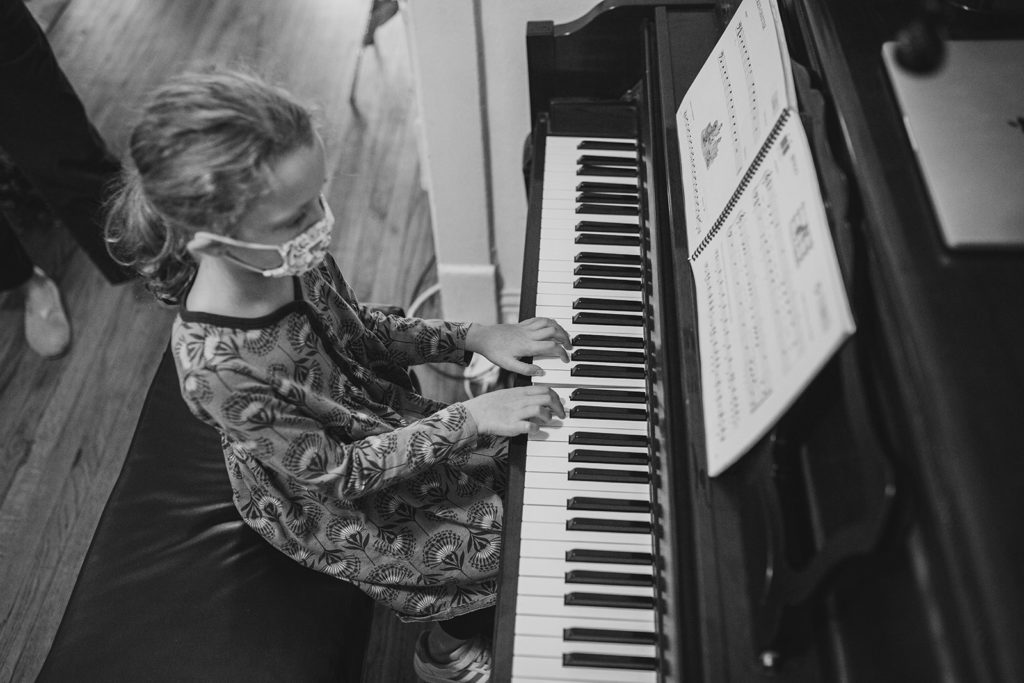
Students are busy! They often have plenty of activities to keep them and their parents on their toes. Why would a student need a longer piano lesson? Does a longer lesson mean more work? Does a student have time and energy for that? Is 30 minutes enough?
When to Invest in a Longer Lesson
Most young elementary piano students haven’t developed their attention span yet, so 30 minutes is a great lesson length. It’s not overwhelming in energy or information, and they leave feeling satisfied with a few new skills to try at home.
Here are some indicators that a student should move from a 30-minute lesson to a 45-minute lesson, or from a 45-minute lesson to an hour-long lesson:
- The lesson is beginning to feel rushed and incomplete.
- The lesson is beginning to go over time.
- The student isn’t sure how to practice their pieces when they go home.
- The student doesn’t have enough variety to practice for the week.
- The student is beginning to show a lack of understanding of concepts necessary to advance in difficulty.
During the lesson, students learn many skills to gain a full understanding of their music. We practice rhythm, technique, and sight reading. We also work on music theory and identifying symbols and notes on the staff. We review pieces that they were assigned the previous week, possibly making adjustments, and we begin new repertoire. When we have time, we experiment with composition and improvisation. A student may have trouble understanding any of these aspects of the lesson, so it’s helpful to have ample time. The goal of each lesson is that each student can go home to practice with confidence.
Not just “any old practice” makes perfect.
Perfect practice makes perfect. When a lesson is rushed, a student leaves with a partial understanding of their assignments. Practicing becomes harder when the student is confused. And if there isn’t enough material to work on (hopefully some mixture of technique, theory, and at least a couple of pieces of repertoire) practicing the piano can feel too repetitive.
A 30-minute student can benefit from moving to a 45-minute lesson at any age, but it usually feels necessary at ages 10 and up. A 45-minute student will benefit from moving to a 60-minute lesson in junior high or high school, depending on the repertoire that they are playing. When pieces become more complex, so does the time required to work through advanced technique.
Paradoxically
If an older student begins to feel less interested in practicing, but still feels satisfied when they play, it might be because they need more time in their lesson. Yes! If their material is more advanced than their music knowledge, it may be a matter of needing more time with theory, or technique work, or practice strategies. They may need more time understanding how and what to practice, in order to feel like a confident and capable pianist.
Please let me know if you have any questions about the current length of lesson that you have.